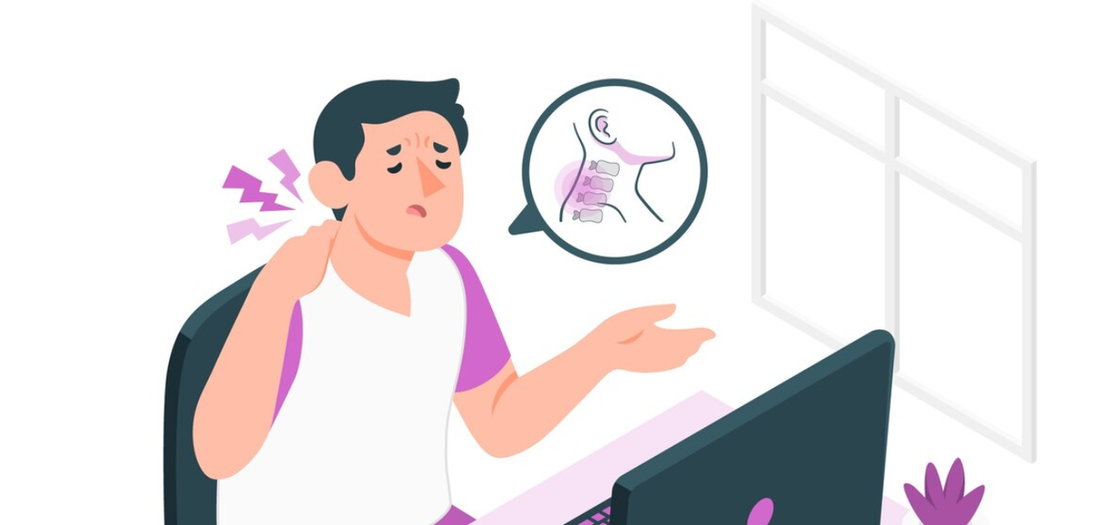Pain is a universal experience, and acute pain is a type that strikes suddenly and can be quite severe. While it often serves as a crucial alert to potential injury or harm, the impact of acute pain extends beyond the immediate physical sensation. This article examines the multifaceted nature of acute pain, including its causes, immediate effects, and the potential for long-term consequences.
The Nature of Acute Pain
Definition and Function
-
Function: Serving as a protective mechanism, acute pain prompts immediate attention and action to avoid further injury or harm.
Causes of Acute Pain
Traumatic Injuries
-
Accidents and Falls: Sudden injuries such as fractures, sprains, and cuts often result in acute pain.
-
Burns and Bites: Thermal injuries and animal bites are also common causes of acute pain.
Medical Procedures
-
Surgery: Post-operative pain is a common form of acute pain that arises as the body heals from surgical intervention.
-
Diagnostic Tests: Certain diagnostic procedures, such as biopsies, can cause short-term acute pain.
Acute Illnesses
-
Infections: Conditions like appendicitis, sinus infections, or kidney stones can lead to intense, sudden pain.
-
Inflammatory Conditions: Acute episodes of conditions like gout or pancreatitis cause significant pain due to rapid inflammation.
Immediate Impact of Acute Pain
Physical Impact
-
Disruption of Daily Activities: Acute pain can severely limit mobility and functionality, affecting one's ability to perform everyday tasks.
-
Physiological Responses: Acute pain often triggers increased heart rate, elevated blood pressure, and other stress responses as the body reacts to the perceived threat.
Emotional and Psychological Effects
-
Anxiety and Fear: The sudden onset of intense pain can cause significant anxiety and fear, especially if the cause is unknown or severe.
-
Distress and Frustration: The inability to continue normal activities and the constant discomfort can lead to feelings of distress and frustration.
Long-Term Consequences of Acute Pain
Transition to Chronic Pain
-
Persistent Pain: In some cases, acute pain can transition into chronic pain, especially if not managed properly. Chronic pain lasts beyond the normal healing period and can persist for months or even years.
-
Central Sensitization: Repeated or prolonged acute pain episodes can lead to central sensitization, where the nervous system becomes more sensitive to pain signals.
Impact on Mental Health
-
Depression and Anxiety: Prolonged pain experiences can contribute to the development of mental health issues such as depression and anxiety disorders.
-
Reduced Quality of Life: Chronic pain stemming from acute pain episodes can significantly reduce overall quality of life, affecting personal relationships, work, and daily activities.
Strategies for Managing Acute Pain
Prompt and Effective Treatment
-
Medical Interventions: Pain relief medications, such as NSAIDs or opioids, can provide immediate relief from acute pain. In some cases, physical therapy or other interventions may be necessary.
-
At-Home Care: Rest, ice, compression, and elevation (RICE) are effective strategies for managing acute pain caused by injuries.
Prevention and Education
-
Awareness and Education: Understanding the causes and effects of acute pain can help individuals take preventive measures and seek appropriate treatment promptly.
-
Pain Management Plans: Working with healthcare providers to develop a pain management plan can help mitigate the risk of acute pain transitioning to chronic pain.




